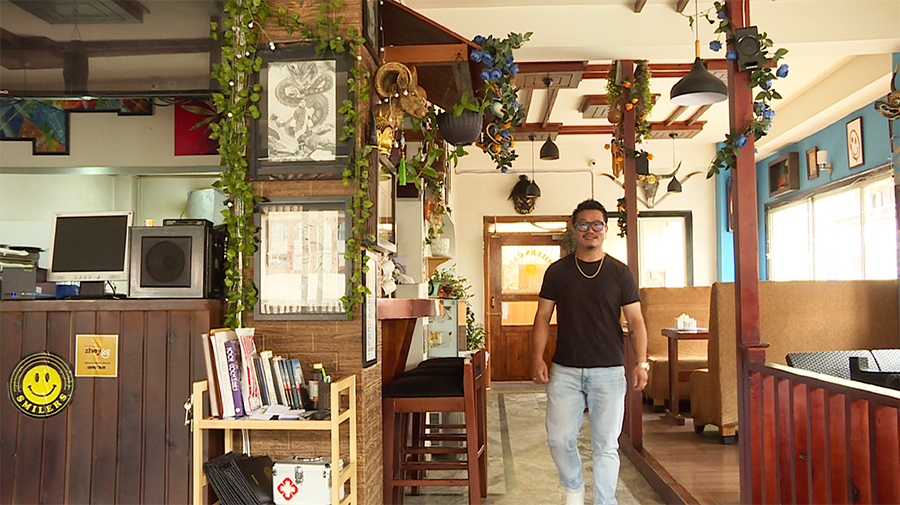
In a world often afflicted by stories of addiction and despair, there are those who manage to rise above their struggles. Chogyel Wangdi is one such person whose inspiring journey of recovery motivates many who are battling addiction. With unwavering determination, he conquered his battle with addiction and now shares his uplifting journey of recovery. Through his experiences, Chogyel proves that with the right support and care, anyone can overcome addiction and find a path to a brighter future.
Chogyel’s journey into substance use disorder started in high school. And as he joined college, his addiction caused him to drift away from his family.
From struggling with withdrawal symptoms and suicidal thoughts, he finally found the strength to abandon drugs about five years ago. With his father’s help, he went to a rehabilitation centre.
“Due to my addiction, I have lost everything, my family, friends, my self-respect, and my career. That reason was enough for me to give up addiction, which was my turning point in life. I felt if I do not stop now, soon I will even lose my life.”
Chogyal is in his fifth year of celebrating being sober. Today, he runs a restaurant in Thimphu with his family and is planning to start another restaurant.
The 44-year old shared his story during the National Recovery Symposium, which was held last week.
The symposium was launched with the theme “substance use disorder is a preventable and treatable disease”.
Meanwhile, BBS talked with a psychiatrist and he said that early intervention should be provided to prevent severe implications.
The psychiatrist added that some of the common strategies to prevent drug addiction are creating awareness, encouraging positive peer influence, healthy coping mechanisms, and stress management.
“Though addiction is a lifelong illness, it is treatable. However, like any other chronic diseases such as diabetes or asthma, addiction treatment is usually not cured but it can be managed successfully,” said Dr Bikram Chhetri, Officiating Head of Department of Psychiatry at Jigme Dorji Wangchuck National Referral Hospital.
According to records maintained by the Jigme Dorji Wangchuck National Referral Hospital, 180 individuals availed themselves of the hospital-based outpatient substance use disorder treatment, which was launched in October of last year.
There are also several self-help groups and centres that provide counselling and after-care services among others.
Tshering Deki









